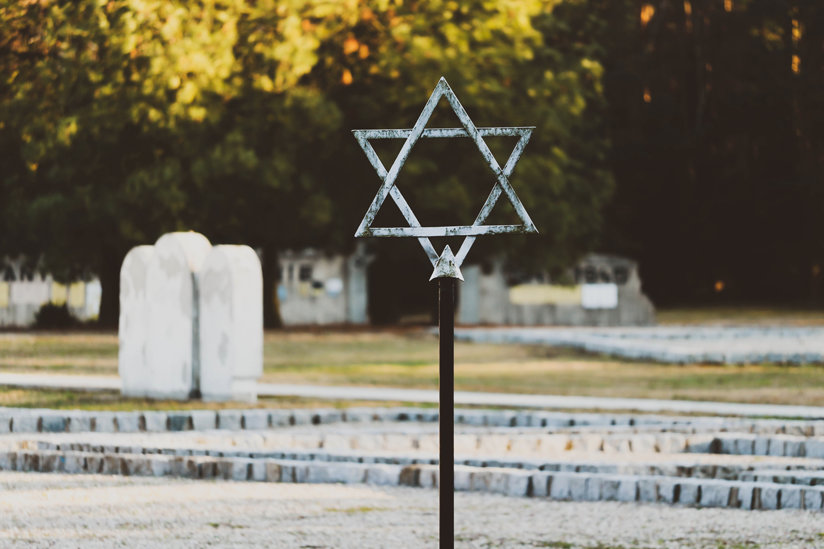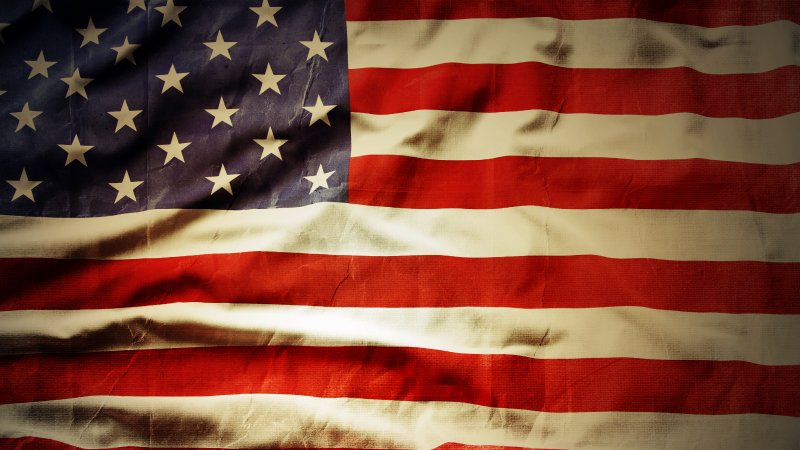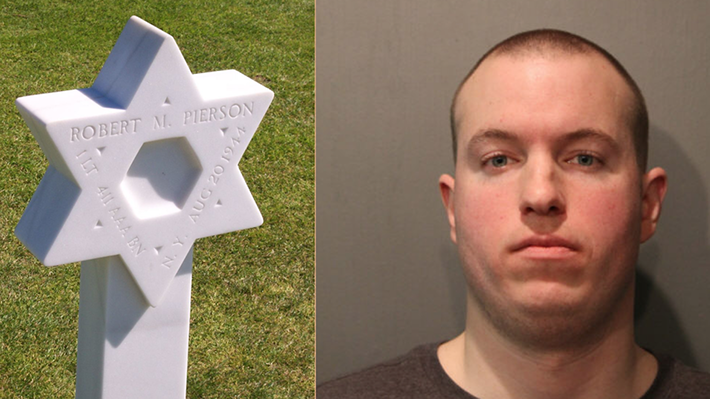
-
HOME
-
WHAT IS STANDOur Mission Our Values Our Help Contact
-
WHAT WE FIGHT FORReligious Freedom Religious Literacy Equality & Human Rights Inclusion & Respect Free Speech Responsible Journalism Corporate Accountability
-
RESOURCESExpert Studies Landmark Decisions White Papers FAQs David Miscavige Religious Freedom Resource Center Freedom of Religion & Human Rights Topic Index Priest-Penitent Privilege Islamophobia
-
HATE MONITORBiased Media Propagandists Hatemongers False Experts Hate Monitor Blog
-
NEWSROOMNews Media Watch Videos Blog
-
TAKE ACTIONCombat Hate & Discrimination Champion Freedom of Religion Demand Accountability
Why We Must All Do Something About Anti-Semitism
The statistics are disheartening. Hate crimes against Jews are growing at an alarming rate—up 14 percent this past year over the previous one—per the latest FBI findings. Meanwhile, awareness of anti-Semitism is going down. In a recent American Jewish Committee survey, 46 percent of U.S. respondents were “not familiar” or had “never heard of” the term anti-Semitism.
Are we that dense? Have we gotten so used to hate that we don’t even recognize it when it bashes us in broad daylight?
Fortunately, enough people are aware—enough to be alarmed at the increasing normalization of anti-Semitism to actually begin to chip at its tendrils, if not its roots.

In October the U.S. State Department sponsored a virtual conference on anti-Semitism, featuring government dignitaries, scholars and the digital community. This month, the Anti-Defamation League sponsored an even more ambitious summit on anti-Semitism and hate, bringing together a host of the brightest minds, most eloquent speakers, religionists, scholars, philanthropists and writers under the virtual banner of “Never Is Now,” a nod to the age-old cry against all forms of hatred and persecution: “Never Again.”
One current ran through the videos and virtual talks, and that was that the time of wringing our hands and bewailing the unfairness—the bestial depths, the shameful and cowardly acts of hatred—has long since passed. We’ve already taken that train and it has led nowhere. The common thread now is the call for real, doable solutions.
Have we gotten so used to hate that we don’t even recognize it when it bashes us in broad daylight?
A Jewish UK Labor Party member urged others of her party to confront the rampant anti-Semitism in its ranks.
The CEO of the Center of Countering Digital Hate pointed with pride at the hate platforms his group had successfully shut down—not by appealing to any sense of decency or conscience on the part of the major social networks, but by going around them and speaking directly to the sponsors of these sites, the money sources, showing them their association with hate and getting them to withdraw support.
Three experts, one from the UK, one from the U.S., and one from Israel, offered compelling evidence that the “new” digital hate is not confined to one political or ideological spectrum but can be found at the extreme ends, right and left, of the political gamut.
The new demand in silencing hatred is no longer “Bring them to justice!” nor even “Pass new laws!” but rather “De-platform malevolent actors!”
It’s a new age, and as one speaker put it, there’s “a new physics of hate, calling for new tactics.”
The rabbis of old debated long and bitterly on the question what is stronger: Good or Evil? before reaching a stalemate on the issue. But they observed that, though Evil often overwhelms us and darkens the Earth, the saving factor is that Love is greater than Hate. That is what enables Good to triumph over the shadows in the end.
The voices offering not dismay but actual solutions kindle the lamps of hope this Hanukkah season.









